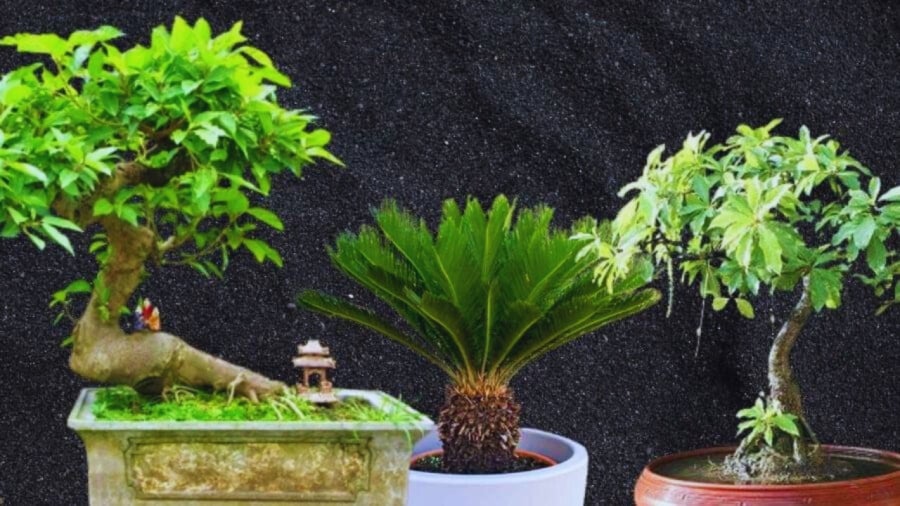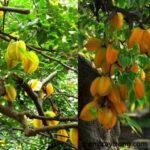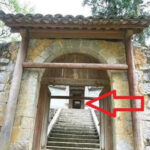In folk Feng Shui, each type of tree has its own unique symbolic meaning, and the mulberry tree is no exception.
The mulberry tree is deeply rooted in Vietnamese culture. In folk belief, the mulberry tree represents abundance, family reunion, and good fortune. It is believed that planting it together with the loc vuong and van tuế trees enhances its symbolic power even further.

Mulberry Tree Planted in Front of the House Brings Good Luck, Especially When Paired with These Two Trees
Mulberry, Loc Vuong, and Van Tuế Trees: The Three Symbols of Prosperity in Feng Shui
The mulberry tree is part of the ‘four gentlemen’ (sanh, sung, tung, loc) or the ‘three symbols of prosperity’ (phúc, loc, thọ) in Feng Shui. These trees are believed to bring good luck, prosperity, and longevity to the household.
The ‘three symbols of prosperity’ not only carry their individual auspicious meanings but also symbolize great fortune when combined. People plant these trees in their homes, hoping for harmony, financial luck, and a long, healthy life filled with happiness and good fortune.
Professional landscape enthusiasts often prefer to plant these trees together, forming a trio. The ‘three symbols of prosperity’—the mulberry, loc vuong, and van tuế trees—are believed to bring balance to one’s life, creating a stable and harmonious environment.
The ancient philosophy of life emphasizes balance, where wealth and happiness go hand in hand with good health to fully appreciate life’s joys.
This trio of trees also provides the best Feng Shui balance for homeowners, creating a sense of fullness and harmony between Yin and Yang. It ensures a balance across various aspects of life, including career, wealth, fame, happiness, and health—the most crucial equilibrium one can achieve.
In the philosophy of the five elements, it is not just the ‘giving birth’ phase that is beneficial. Instead, the cycle of ‘giving birth’ and ‘conquering’ is essential for maintaining balance. The most valuable principle in the five elements is equilibrium, as continuous ‘giving birth’ leads to exhaustion, and relentless ‘conquering’ results in destruction. Therefore, having all three trees in one’s home creates the ideal Feng Shui harmony.
Note on Planting the Three Symbols of Prosperity
All three trees—the mulberry, loc vuong, and van tuế—thrive in sunny conditions.
To create the ‘three symbols of prosperity,’ it is best to plant all three trees together in pots rather than directly into the ground. This arrangement ensures a beautiful and space-efficient display.
Consider choosing bonsai-style trees for an aesthetically pleasing and compact addition to your living space.
The Secret to Growing a Prosperous Carambola Tree: Attracting Abundance and Good Fortune to Your Home
The Feng Shui Carambola tree is a popular choice for many homeowners today, but not everyone knows the secrets to its care. With the right knowledge, you can unlock the true potential of this mystical tree and reap the benefits it brings. Discover the ancient art of nurturing this majestic plant and embrace a world of harmony and prosperity.
The 4 Things That Bring Debt and Misfortune When Placed at the Bedside
Feng shui, the ancient art of harmonizing spaces, holds immense power not just over our physical well-being but also our financial prosperity, career success, and familial bliss. The bedroom, being the sanctuary where we spend nearly a third of our lives, warrants special attention to ensure it fosters good fortune and wards off any misfortune.



































